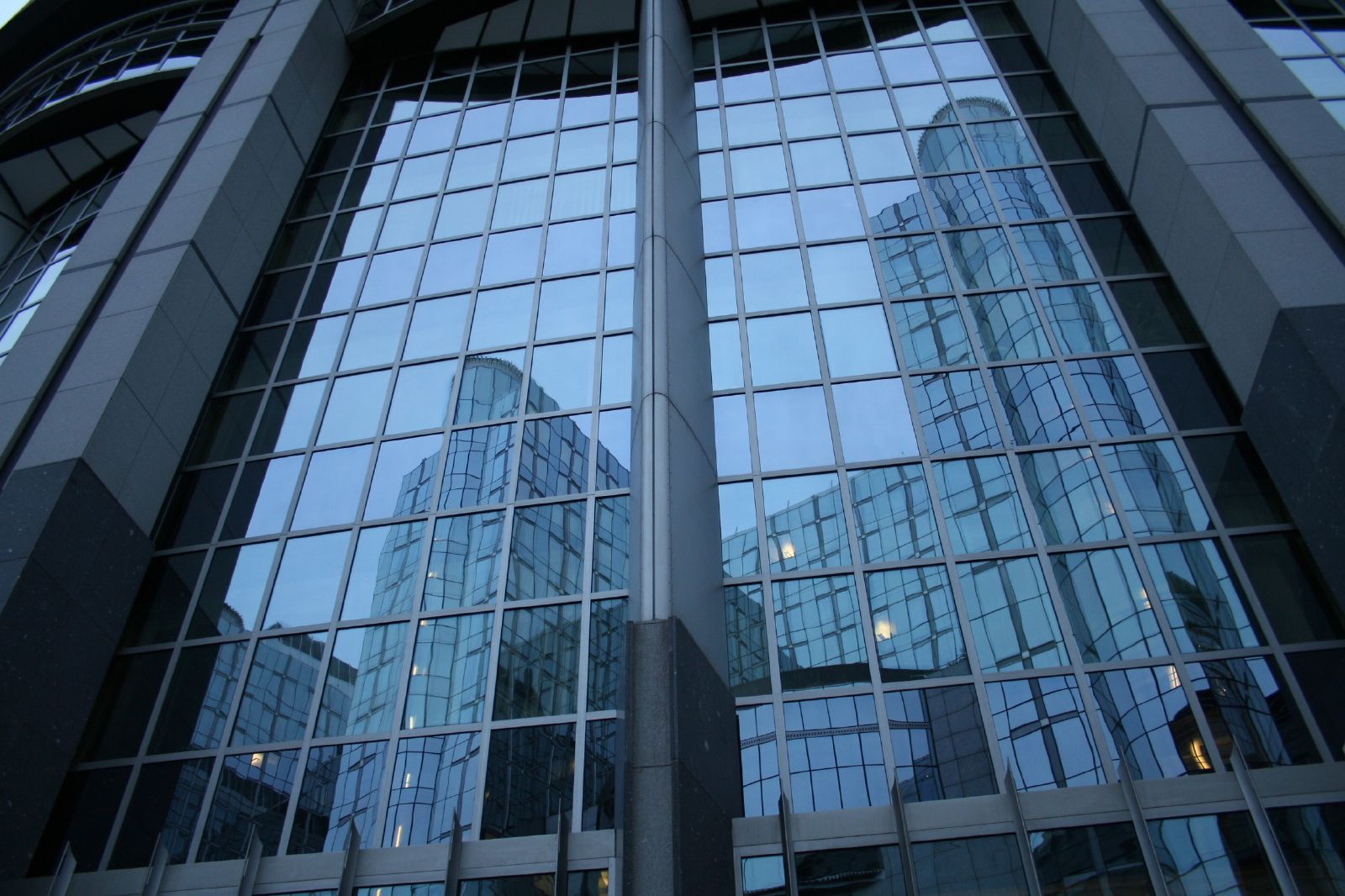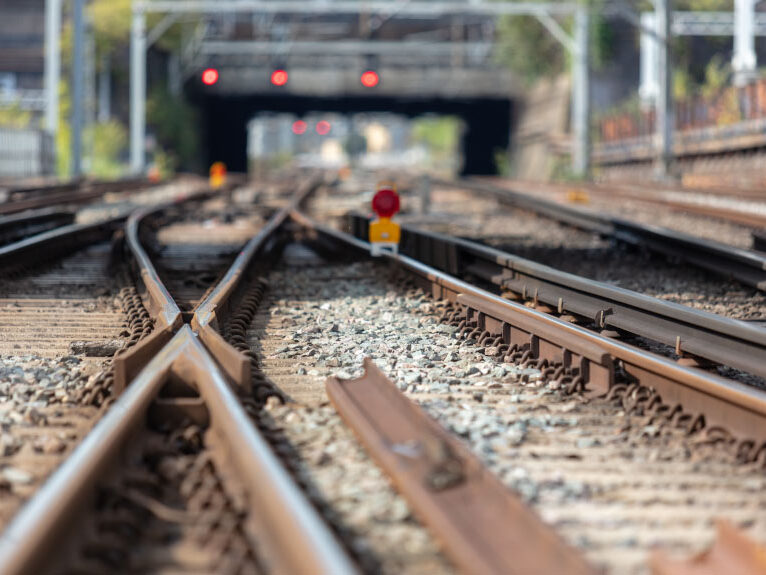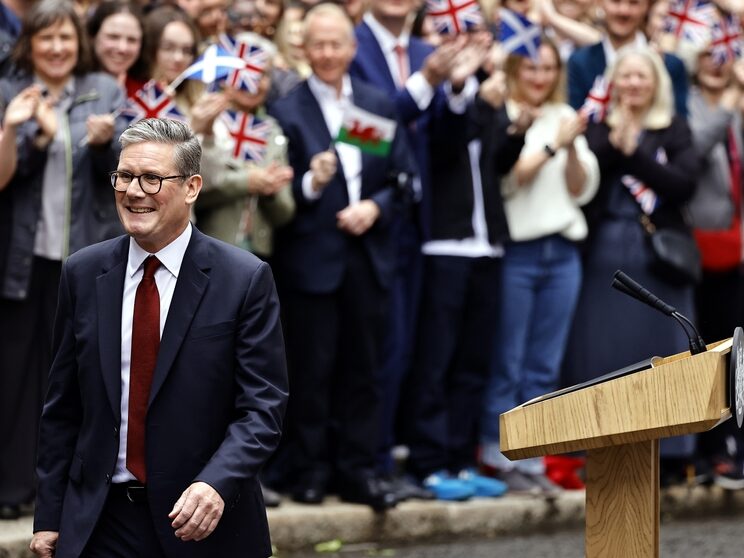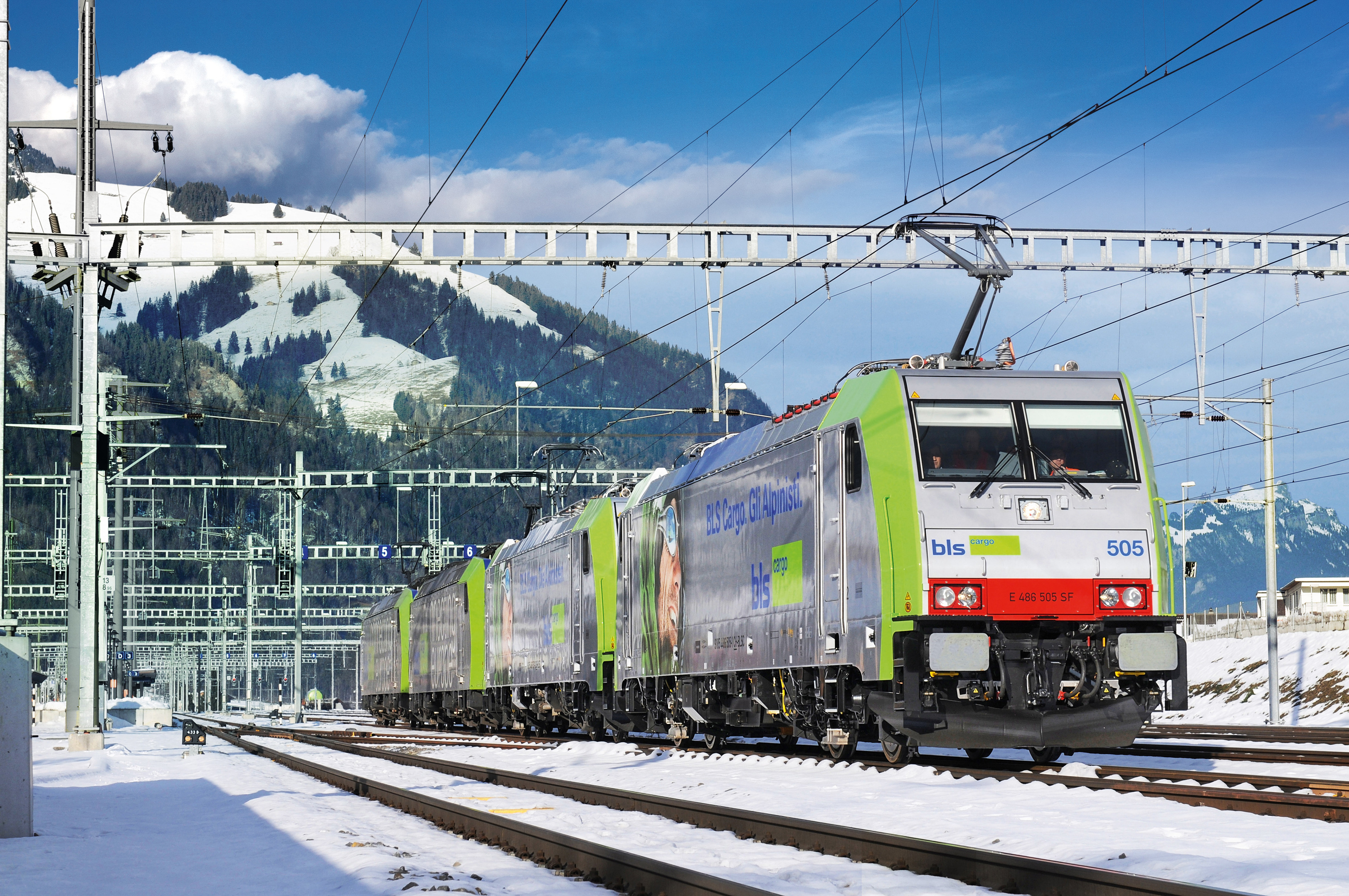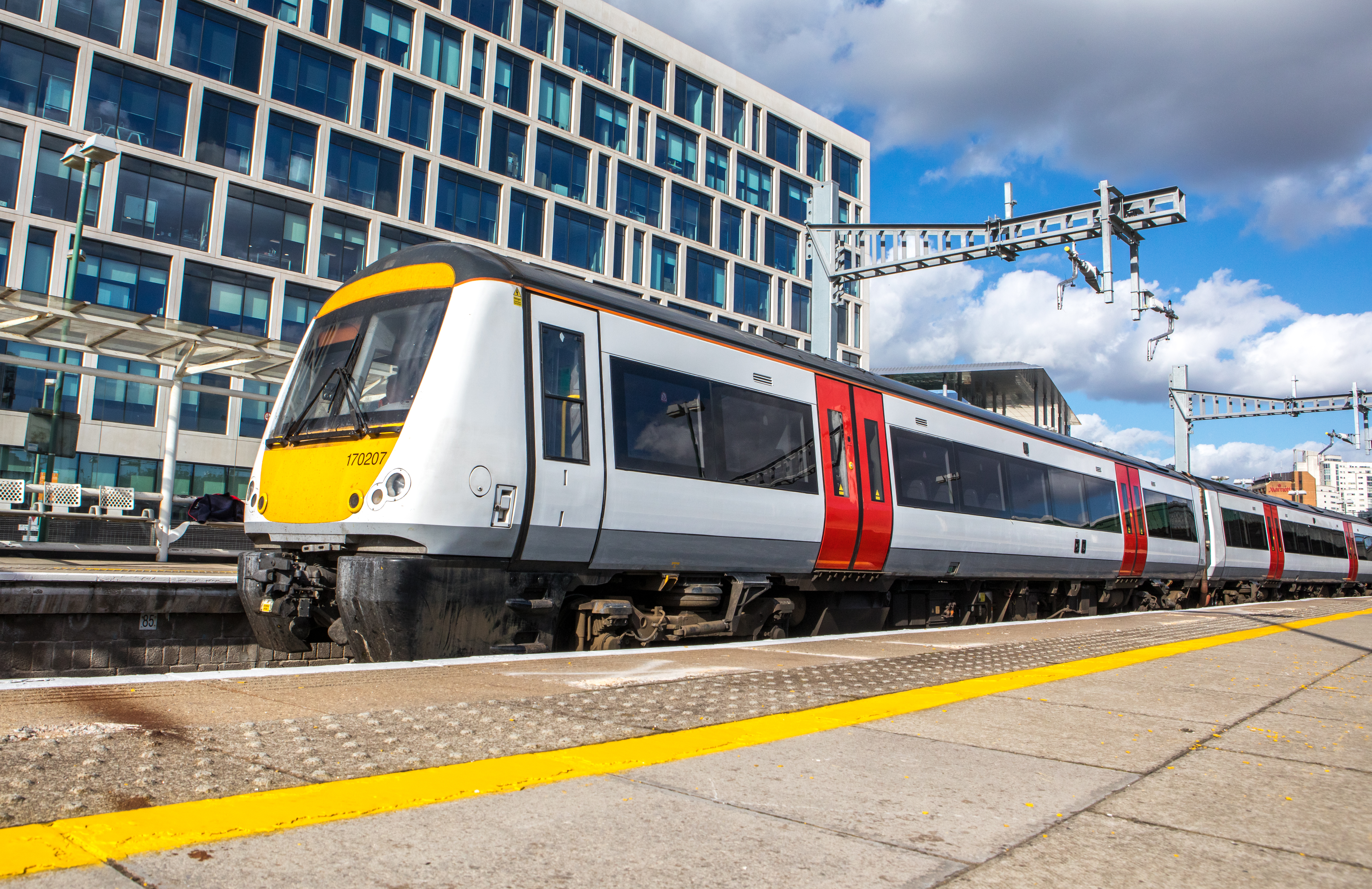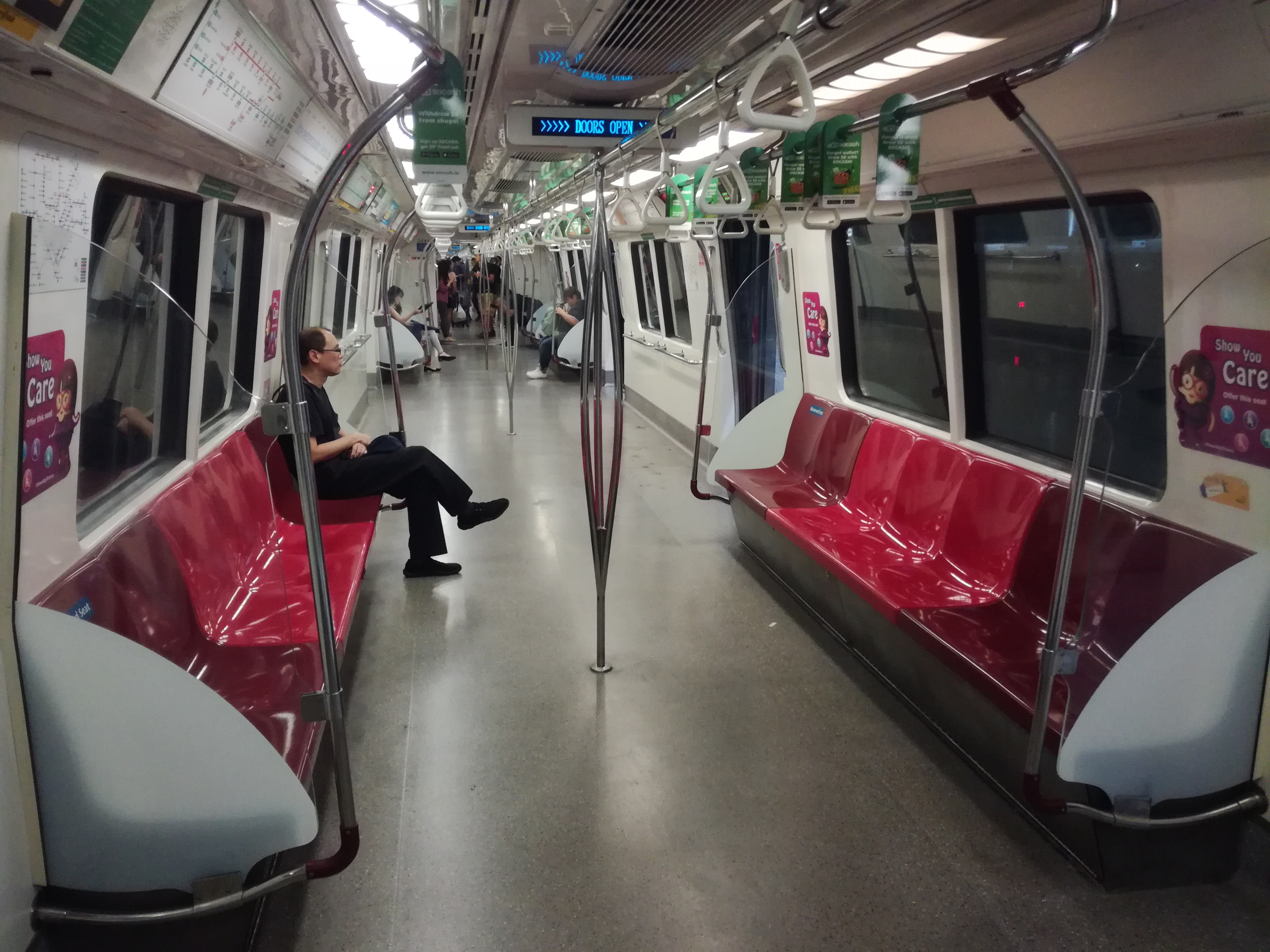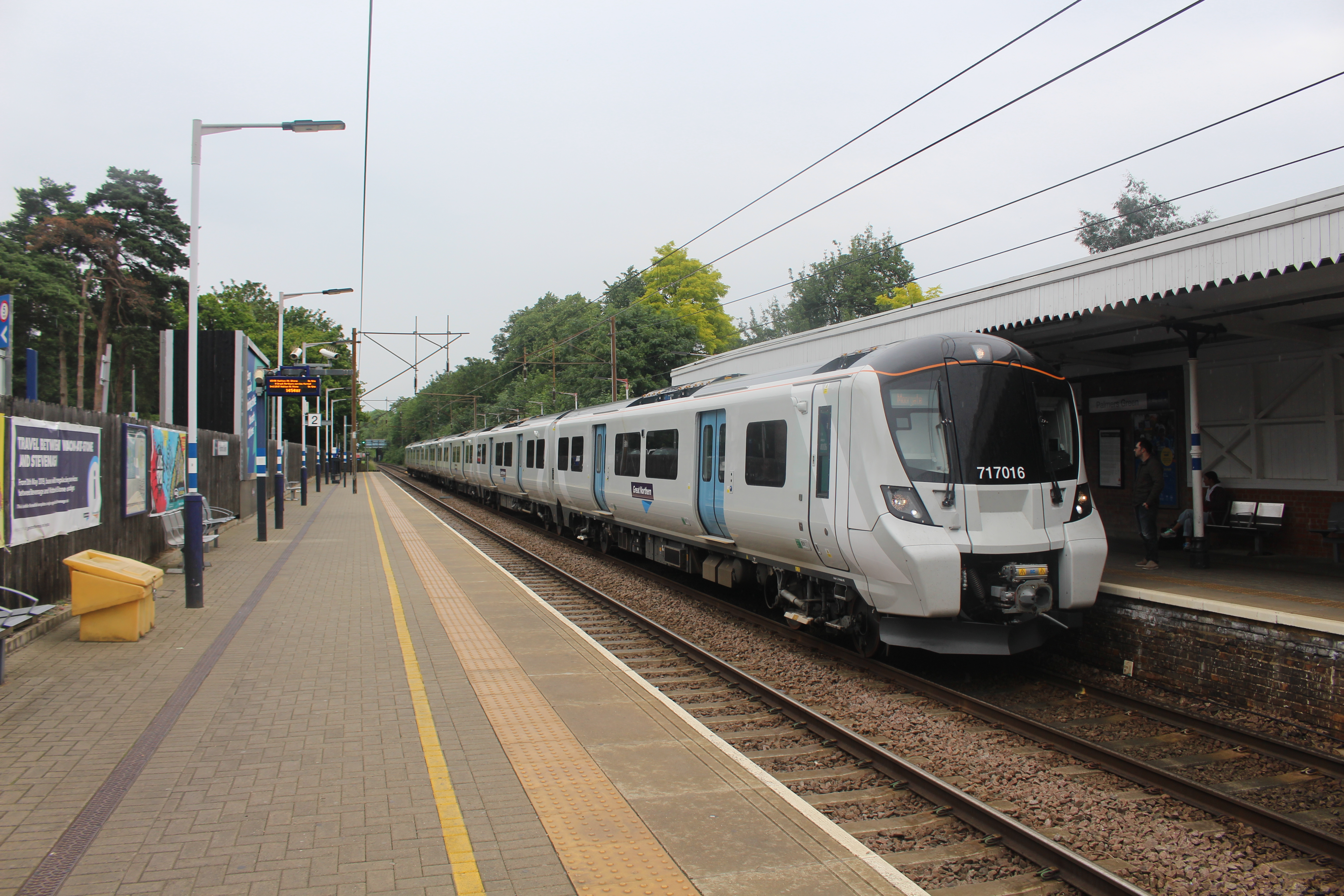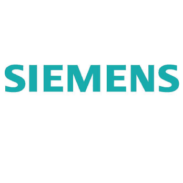An in-brief look at current rail policy in the United Kingdom and Europe.
Slovakia
The Antimonopoly Office of Slovakia has ruled that the state rail freight company Cargo Slovak is to be sanctioned 3 million euros for abusing its dominant position in the market. Cargo Slovak has refused to lease or sell surplus electric locomotives and it has refused to make fuelling services available to other operators. This anti-competitive behaviour goes against Article 102 of the Treaty of the Functioning of the European Union (TFEU).
Greece & Ireland
The European Commission has written to Greece and Ireland to encourage them to enact EU law that requires them to open up the market for domestic passenger rail services. EU Member States agreed to transpose the EU rules in the 4th Railway Package by 31 December 2018. Following Commission communication in January 2019, which resulted in no response, this letter now gives the two MS two months to comply. Failing that the Commission could refer the cases to the Court of Justice of the EU.
Poland
The European Commission has contacted Poland for failing to enact a court decision reached in June 2018. The court found that Poland failed to adopt measures that guaranteed that investigations into serious rail accidents were independent. The Commission says independence is key to ensuring incidents can be investigated effectively and future accidents can be prevented. If Poland doesn’t take steps to implement the court’s ruling, the Commission can refer Poland to the CJEU and ask for financial penalties.
Germany
The demand for a reduction in the VAT rate on rail tickets is growing. Leading politicians from Germany’s centre-right party, the CDU, along with its sister party, the CSU, Germany’s centre-left party, the SPD, and the Green Party are all agreed that air travel must not be allowed to remain cheaper than rail travel any longer. The issue is long-distance rail travel: at 50km and more, passengers pay 19% VAT. Passengers who fly internationally, e.g. from Germany to France, pay no VAT. In a recent survey by Civey on behalf of Allianz pro Schiene, 82.8% of respondents were in favour of reducing VAT on rail tickets to make rail travel more attractive.
Germany
Transport funding should not be ring-fenced anymore. Germany to date operates with ring-fenced funding, meaning that income from the roads pays for the roads and income from rail pays for rail. This leads to roads consolidating their dominant position. Switzerland, however, pools its transport takings to pay for transport-related costs. The German government now says it will use surplus takings from lorry tolls and invest them in rail.
Austria
The European Commission has referred Austria to the CJEU for failing to comply with European rules on the certification of train drivers. The issue: the authority tasked with licencing train drivers is not the safety authority, as required. Licensing is currently performed by the Schieneninfrastruktur-Dienstleistungsgesellschaft mbH, which has issued in excess of 6,000 licences to date. It should, however, be the Austrian Ministry for Transport, Innovation and Technology that performs this task. The Commission began its EU infringement procedure in this matter in 2015.
Denmark, Ireland, Netherlands, Poland
The European Commission says these four countries have all failed to transpose certain aspects of EU law relating to the creation of a Single European Railway Area. The purpose is to create a uniform market for matters relating to competition issues, regulatory oversight and the financial architecture of the sector.
Switzerland
The Swiss Federal Office for Transport (BAV) first published its Strategy in 2014, with a focus on three main points: funding for maintaining and expanding the infrastructure must be secured; funding of regional passenger services must be secured and competition issues must be addressed; freight transport must become self-funded. The BAV has now updated its Strategy to take into account technological advancements, intermodal mobility and electronic processes.
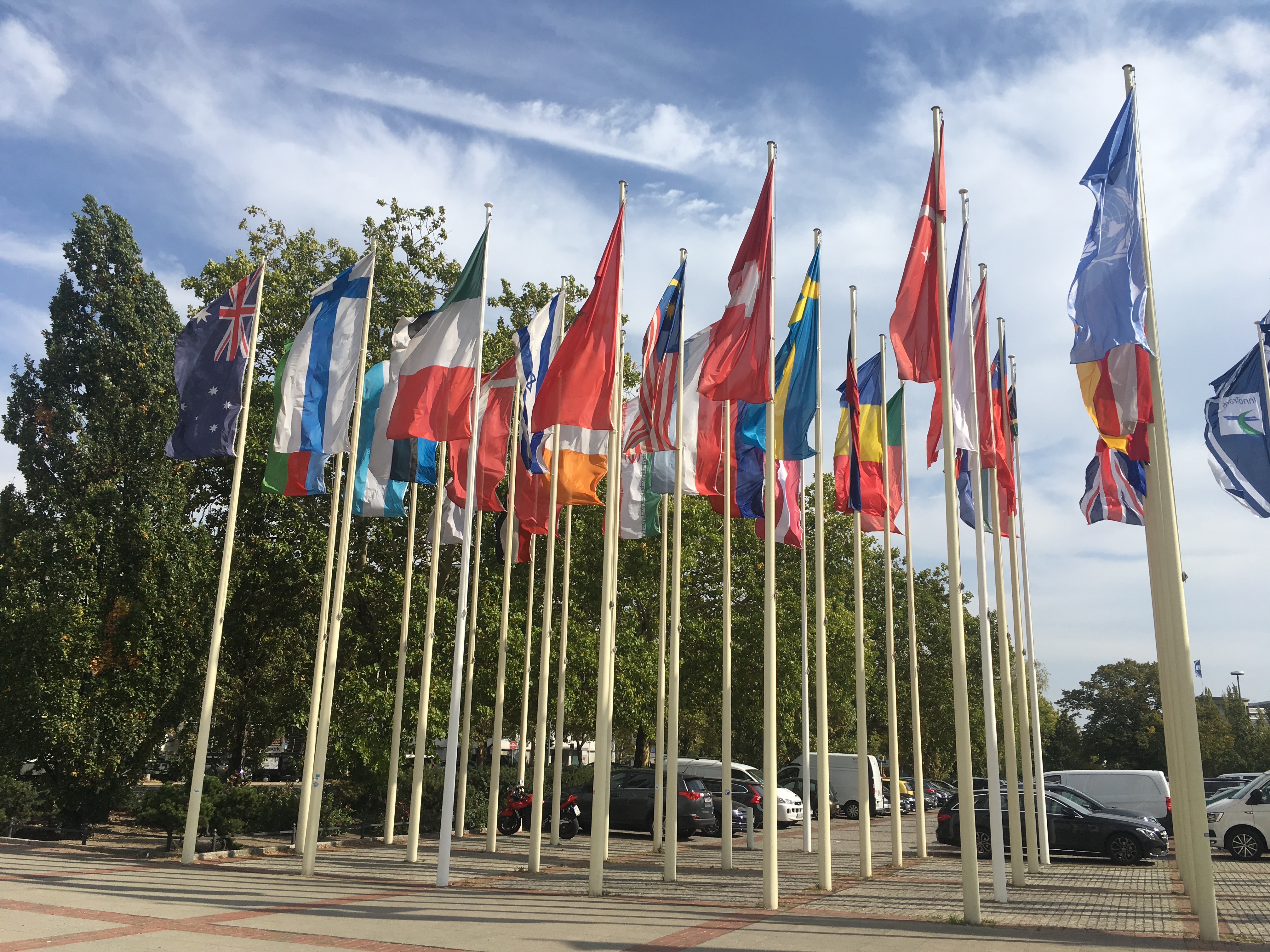
United Kingdom
As part of the Brexit process, the United Kingdom would pull out of the Interrail scheme, said the Rail Delivery Group. This would mean visitors to the UK would no longer be able to use their passes to travel around the country, while UK visitors to mainland Europe could still use the passes. European travellers were told they could instead purchase a ‘BritRail pass’, which would offer all the same benefits. However, one such one-month pass would cost the same as a one-month Interrail pass, which covers the whole of continental Europe and the UK.
However, given intense opposition to this move, the Rail Delivery Group said the UK would be ‘remaining part of both the Interrail and Eurail passes’.
United Kingdom
Following the Committee on Climate Change’s Net Zero report, aiming at a UK emissions target of net zero greenhouse gases by 2050, the Rail Industry Decarbonisation Taskforce and RSSB have created a Final Report for the Rail Minister in which they support the Committee’s vision. The focus is on electrifying both passenger and freight rail and the challenges for these two areas are different. It says ‘significant decarbonisation by 2050 can only be achieved with a balanced and judicious mix of cost-effective electrification, coupled with the deployment of targeted battery and hydrogen technology where these are the best solution’.

